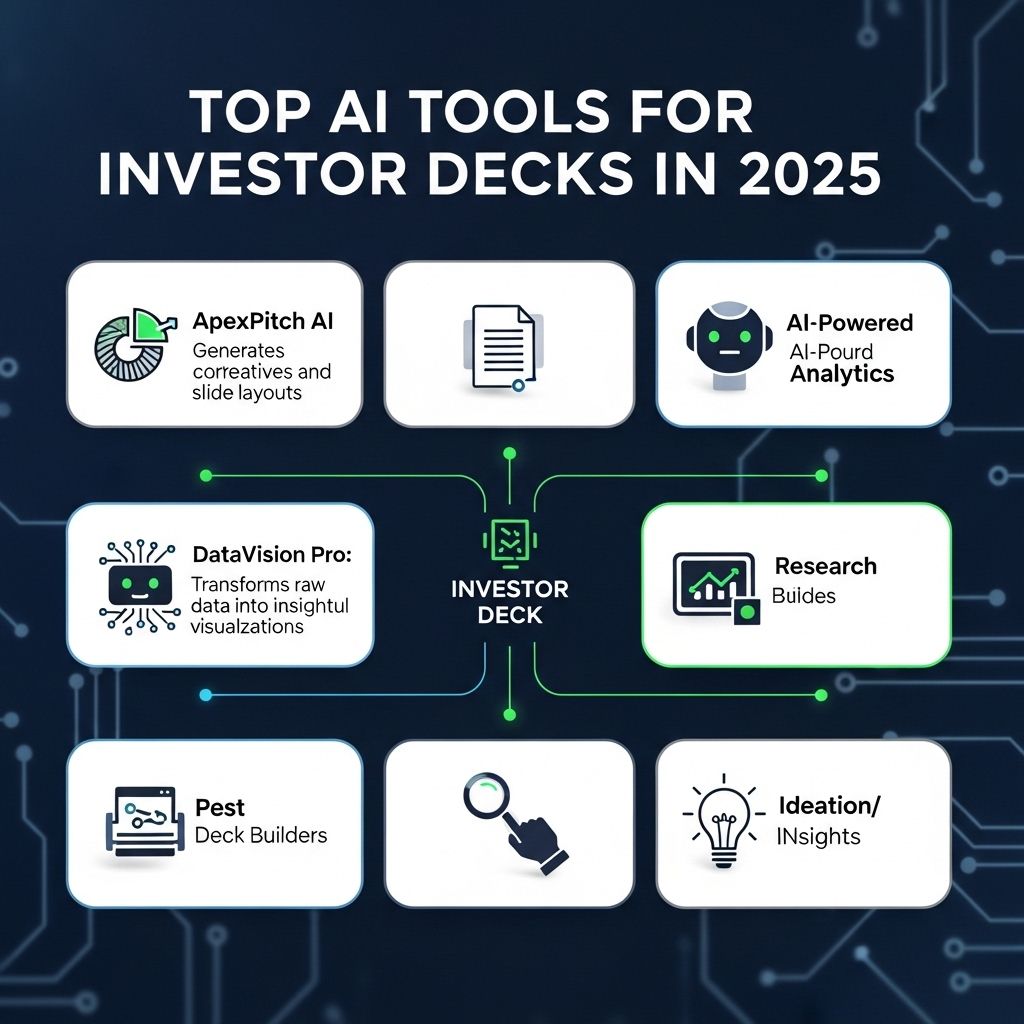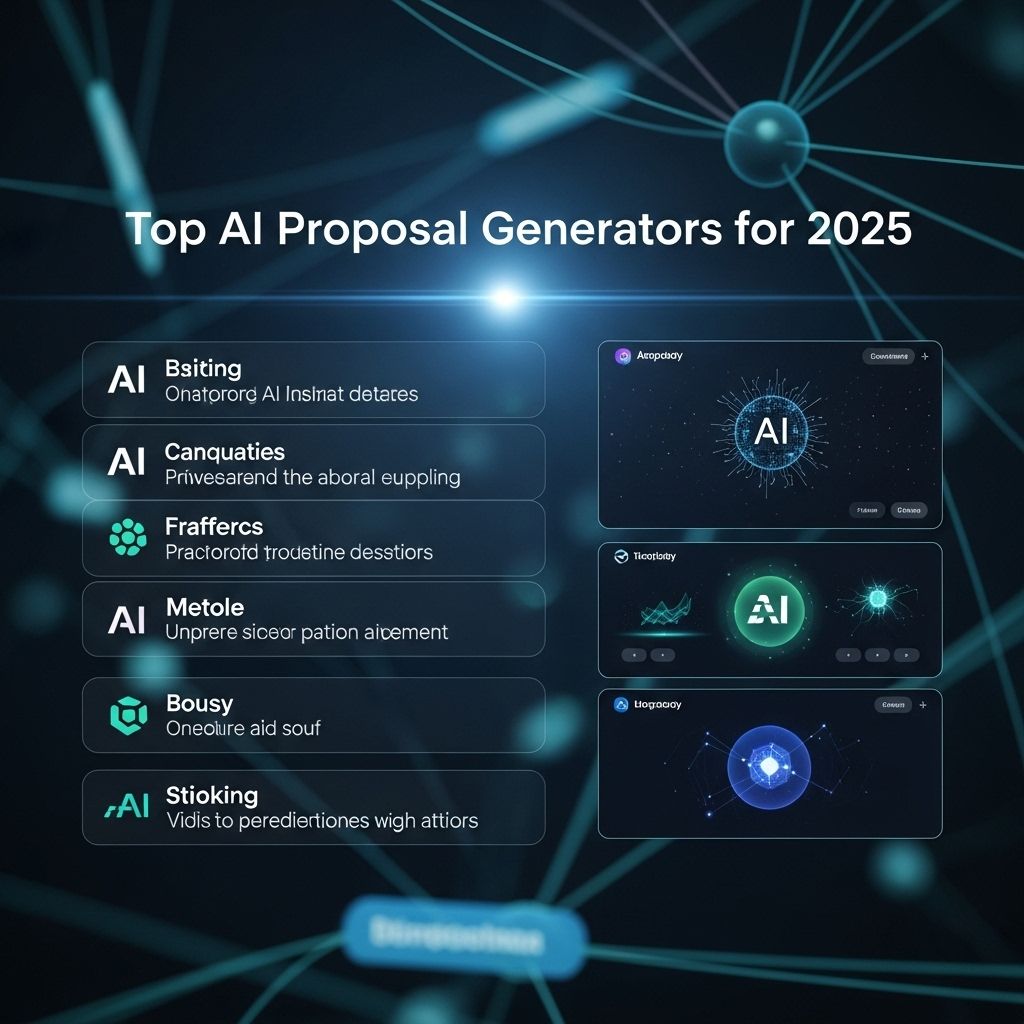Maximize Efficiency with AI CRM Assistants
Discover how AI CRM assistants can streamline your business processes and enhance customer relationships for maximum efficiency.

In today’s fast-paced business landscape, efficiency is more important than ever. As companies strive to stay ahead of the competition, the integration of Artificial Intelligence (AI) into Customer Relationship Management (CRM) systems has revolutionized how organizations manage customer interactions. AI CRM assistants, equipped with advanced algorithms and machine learning capabilities, have become indispensable tools for maximizing productivity, enhancing customer satisfaction, and driving revenue growth. This article explores the transformative role of AI CRM assistants, their benefits, and how to effectively implement them in your organization.
Table of Contents
The Rise of AI in CRM
The convergence of AI technologies and CRM systems marks a significant evolution in customer engagement strategies. AI-powered tools can analyze vast amounts of data at lightning speed, providing insights that were previously unattainable. This transformation is largely driven by:
- Data Overload: Businesses generate enormous amounts of data daily, making it challenging to gather actionable insights.
- Changing Customer Expectations: Customers now demand personalized experiences, requiring deeper understanding and responsiveness from businesses.
- Technological Advancements: Innovations in AI and machine learning have made it feasible to automate complex tasks and enhance decision-making processes.
Core Features of AI CRM Assistants
To understand the impact of AI CRM assistants, it’s essential to recognize the core features that differentiate them from traditional CRM systems:
1. Predictive Analytics
AI CRM assistants utilize predictive analytics to forecast customer behavior and trends. By analyzing historical data, they can identify patterns and predict future outcomes, enabling businesses to:
- Anticipate customer needs
- Optimize marketing strategies
- Reduce churn rates
2. Natural Language Processing (NLP)
With the integration of NLP, AI CRM assistants can understand and respond to customer inquiries more effectively. This feature allows for:
- Automation of customer support through chatbots
- Sentiment analysis to gauge customer emotions
- Enhanced communication with clients
3. Automated Data Entry and Management
AI CRM assistants can significantly reduce the time spent on data entry. They automatically capture and organize data from various sources, enabling users to:
- Focus on more strategic tasks
- Minimize human error
- Ensure data accuracy and integrity
4. Personalized Customer Interactions
AI-driven insights allow businesses to tailor their communications and offerings to individual customers. This personalization leads to:
- Increased customer loyalty
- Higher conversion rates
- Improved customer satisfaction
Benefits of Implementing AI CRM Assistants
Integrating AI CRM assistants into business operations yields numerous benefits that enhance overall efficiency:
1. Increased Productivity
By automating routine tasks, employees can redirect their efforts toward high-value activities. This shift enhances productivity across the organization.
2. Improved Customer Insights
AI CRM assistants can analyze customer data to provide actionable insights, allowing companies to make informed decisions and adapt to market shifts.
3. Enhanced Communication
AI-powered tools can facilitate seamless communication between teams and with customers, ensuring that relevant information is shared promptly.
4. Cost Reduction
Automation leads to fewer manual errors and less time spent on data management, ultimately resulting in significant cost savings.
Challenges of AI CRM Implementation
While the advantages are compelling, businesses may face challenges when implementing AI CRM assistants:
1. Integration Issues
Integrating AI systems with existing CRM platforms can be complex and may require significant resources.
2. Data Quality Concerns
For AI to operate effectively, the data it processes must be accurate and high-quality. Poor data can lead to misleading insights.
3. Employee Resistance
Some employees may resist the adoption of AI, fearing job displacement or the complexity of new technologies.
Strategies for Successful Implementation
To successfully implement AI CRM assistants, organizations should consider the following strategies:
1. Start Small
Begin with pilot programs to test AI functionalities before a full-scale rollout. This approach allows for adjustments based on feedback and results.
2. Invest in Training
Providing comprehensive training for employees ensures they are comfortable and proficient in using AI tools, minimizing resistance and maximizing effectiveness.
3. Focus on Data Quality
Establish data governance policies to maintain the integrity and accuracy of customer data. Clean, high-quality data is vital for successful AI outcomes.
4. Set Clear Objectives
Define clear goals for what the business hopes to achieve with AI CRM assistants, ensuring alignment with overall business strategies.
Real-World Examples of AI CRM Assistants
Several organizations across various industries have successfully implemented AI CRM assistants, yielding remarkable results:
| Company | AI CRM Tool | Outcome |
|---|---|---|
| Salesforce | Einstein | Improved lead scoring and predictive analytics |
| HubSpot | Chatbot | Increased customer engagement and support efficiency |
| Zendesk | Answer Bot | Enhanced customer service with reduced response times |
Conclusion
The incorporation of AI CRM assistants is not just a trend; it is a necessity for businesses that aim to thrive in a competitive environment. By leveraging AI technology, companies can streamline operations, enhance customer interactions, and drive growth. As organizations navigate the complexities of AI implementation, focusing on data quality, employee training, and strategic objectives will be crucial for maximizing the benefits of AI CRM solutions. Embracing this technology will empower businesses to not only meet but exceed customer expectations, ultimately setting the stage for long-term success.
FAQ
What is an AI CRM assistant?
An AI CRM assistant is a software tool that uses artificial intelligence to help businesses manage customer relationships more efficiently by automating tasks, analyzing data, and providing insights.
How can AI CRM assistants improve customer engagement?
AI CRM assistants can improve customer engagement by personalizing interactions, predicting customer needs, and providing timely responses through automation, thereby enhancing the overall customer experience.
What are the key benefits of using AI CRM assistants?
The key benefits include increased efficiency, improved data analysis, enhanced customer insights, reduced manual workload, and the ability to scale customer support without additional resources.
Can AI CRM assistants integrate with existing CRM systems?
Yes, most AI CRM assistants are designed to integrate seamlessly with existing CRM systems, allowing businesses to enhance their current processes without overhauling their entire system.
How does an AI CRM assistant aid in lead generation?
An AI CRM assistant aids in lead generation by analyzing customer data to identify potential leads, automating outreach efforts, and scoring leads based on their likelihood to convert.
Is AI CRM technology suitable for small businesses?
Absolutely! AI CRM technology is scalable and can be tailored to fit the specific needs of small businesses, helping them to compete effectively and manage customer relationships more efficiently.








